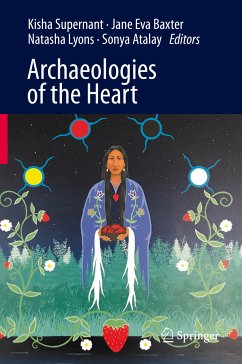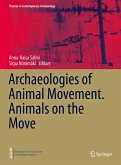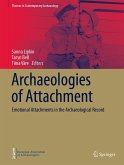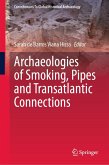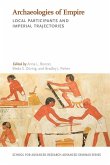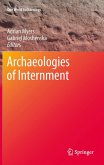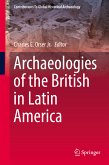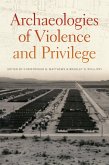Archaeological practice is currently shifting in response to feminist, indigenous, activist, community-based, and anarchic critiques of how archaeology is practiced and how science is used to interpret the past lives of people. Inspired by the calls for a different way of doing archaeology, this volume presents a case here for a heart-centered archaeological practice.
Heart-centered practice emerged in care-based disciplines, such as nursing and various forms of therapy, as a way to recognize the importance of caring for those on whom we work, and as an avenue to explore how our interactions with others impacts our own emotions and heart. Archaeologists are disciplined to separate mind and heart, a division which harkens back to the origins of western thought. The dualism between the mental and the physical is fundamental to the concept that humans can objectively study the world without being immersed in it. Scientific approaches to understanding the world assume there is an objective world to be studied and that humans must remove themselves from that world in order to find the truth. An archaeology of the heart rejects this dualism; rather, we see mind, body, heart, and spirit as inextricable.
An archaeology of the heart provides a new space for thinking through an integrated, responsible, and grounded archaeology, where there is care for the living and the dead, acknowledges the need to build responsible relationships with communities, and with the archaeological record, and emphasize the role of rigor in how work and research is conducted.
The contributions bring together archaeological practitioners from across the globe in different contexts to explore how heart-centered practice can impact archaeological theory, methodology, and research throughout the discipline.
An archaeology of the heart provides a new space for thinking through an integrated, responsible, and grounded archaeology, where there is care for the living and the dead, acknowledges the need to build responsible relationships with communities, and with the archaeological record, and emphasize the role of rigor in how work and research is conducted.
The contributions bring together archaeological practitioners from across the globe in different contexts to explore how heart-centered practice can impact archaeological theory, methodology, and research throughout the discipline.
Dieser Download kann aus rechtlichen Gründen nur mit Rechnungsadresse in A, B, BG, CY, CZ, D, DK, EW, E, FIN, F, GR, HR, H, IRL, I, LT, L, LR, M, NL, PL, P, R, S, SLO, SK ausgeliefert werden.
"Rightly, this bright, hopeful, and transformative edited volume was a labor of love. ... Their idea is a disciplinary practice centered on the heart-an embrace of emotion, subjectivity, and the relationships that give our work life and our lives meaning . ... I love this book. It resonated so deeply ... . But even more, I love the book for its optimism." (Chip Colwell, American Anthropologist, Vol. 123 (3), September, 2021)
"This volume offers hope to future archaeologists, presenting an ambitious goal of injecting new perspectives, new methodologies, new appreciations, and new approaches into archaeology. ... this volume is a significant contribution and an extraordinary gift to the field and beyond because it provides a promising way forward for crafting a new kind of archaeology-an archaeology of the heart." (Ashley Hampton, New Florida Journal of Anthropology, Vol. 1 (2), 2021)
"This volume offers hope to future archaeologists, presenting an ambitious goal of injecting new perspectives, new methodologies, new appreciations, and new approaches into archaeology. ... this volume is a significant contribution and an extraordinary gift to the field and beyond because it provides a promising way forward for crafting a new kind of archaeology-an archaeology of the heart." (Ashley Hampton, New Florida Journal of Anthropology, Vol. 1 (2), 2021)

